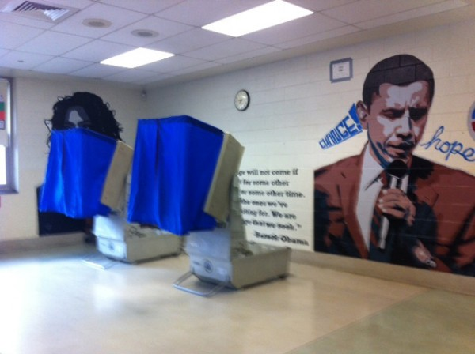The case for photo ID in voting is straightforward. It improves the integrity of elections, reassures citizens that their vote will not be diluted by fraud, and tends to be very cheap. Photo ID is standard practice in most parts of the democratic world–including poor nations with histories of discrimination, such as South Africa, where the task of making sure poor voters have photo ID is one undertaken vigorously by political parties themselves.
The case against photo ID is twofold: first, that voter fraud is rare; and second, that the true motive of those who want photo ID is allegedly to disenfranchise minorities and the poor. While it is true that large-scale voter fraud is virtually unheard of in recent decades, it may be enough to decide very close races. Moreover, the number of people who might actually be disenfranchised by photo ID rules at polling places is itself small.
It turns out that photo ID is extremely popular. It is supported by 70% of Americans, including a majority of Democrats and black voters. In Rhode Island, black legislators actually led the fight for photo ID in voting. The left dismisses even that effort as an example of underlying prejudice–this time, black prejudice against Latino newcomers rather than white prejudice against blacks–but even Hispanics support photo ID in high numbers.
The debate, such as it is, occurs largely between partisan elites–party leaders and people who follow politics very closely. Former U.S. Department of Justice attorney J. Christian Adams, one of the country’s experts on voter fraud, says the issue is a “base-mobilization tool” for Democrats. Ironically, he notes, though opponents of voter ID claim to be civil rights champions, they have a “soft bigotry of low expectations” towards blacks.
Democrats have countered that Republicans who worry about voter fraud are guilty of their own form of bigotry, namely the assumption that minorities will commit crimes at the voting booth. The accusation came up, for example, in GOP Sen. Mark Kirk’s 2010 campaign, when he was allegedly recorded talking about assigning lawyers to black neighborhoods “where the other side might be tempted to jigger the numbers somewhat.”
What all of this goes back to is the 2000 Florida recount, when a handful of “chads” decided the fate of the state’s 25 electoral votes, and hence the presidential contest between George W. Bush and Al J. Gore. In the weeks that followed, Democrats claimed that many black voters had been prevented from voting after finding their names struck from the rolls, following a cleanup (purge) by the Republican Secretary of State in Florida.
Of course, the real reason Gore lost Florida–aside from campaigning badly–was that thousands of votes in liberal Palm Beach County intended for Gore went to conservative Pat Buchanan because of a faulty “butterfly ballot” that confused many voters. The irony was that the ballot design had been approved by Democrats at the county level. It was sheer local incompetence, not racial prejudice, that denied Gore the 43rd presidency.
Since then, computerized voting has become more common–but has itself become the focus of anxiety for both sides. Many Democrats believed voting machines had been rigged in Ohio and elsewhere in 2004; Republicans are beginning to express similar worries today. The belief that the other side is inclined to cheat seems to make partisans–such as the hapless Democrats often caught by James O’Keefe–more willing to cheat themselves.
So while the case for photo ID is rather plain, the issue is caught up in pre-existing partisan passions. The irony is that photo ID may not, by itself, solve the problem of fraud. Though a recent study suggests that significant numbers of non-citizens vote (illegally), the researchers also conclude that photo ID would not be a deterrent. As GOP candidate for California Secretary of State Pete Peterson has pointed out, the greater problems with fraud occur with filing signatures and registration–i.e. long before voters cast their ballots.
And while Republicans have resisted nationalizing voting systems or ID documents, Democrats have also lacked the will to follow through on voting changes they once backed, such as Electoral College reform.
So the fight over photo ID remains frozen, emotionally, in the frustration and fear of that long Florida winter.
Senior Editor-at-Large Joel B. Pollak edits Breitbart California and is the author of the new ebook, Wacko Birds: The Fall (and Rise) of the Tea Party, available for Amazon Kindle.
Follow Joel on Twitter: @joelpollak

COMMENTS
Please let us know if you're having issues with commenting.